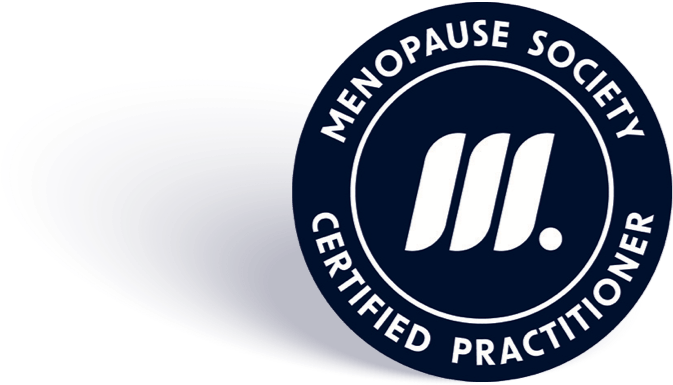Menopause Topics:
Mental Health
Memory and other mental (cognitive) abilities change throughout life and decline with age.

Memory and Cognition
Memory and other mental (cognitive) abilities change throughout life and decline with age. Complaints of difficulty concentrating and remembering are common during the menopause transition and in the years immediately after menopause. Cognitive function at midlife appears to be influenced by the stage of menopause and by menopause symptoms such as sleep difficulties and mood changes.
These cognitive changes can be frightening for women, who may fear that Alzheimer disease or another form of dementia (loss of mental abilities severe enough to interfere substantially with daily life) may be developing. However, this is rarely the case, because the typical changes that occur around midlife are more-subtle. Still, any obvious changes should be brought to the attention of a healthcare professional because any contributing factors can be looked into and treated.
For women who undergo natural menopause, hormone therapy is not recommended to improve cognition. However, a number of lifestyle measures may benefit memory or help protect against dementia, including
- Maintaining an extensive social network
- Remaining physically and mentally active
- Increasing dietary intake of omega-3 fatty acids and certain vitamins from natural foods
- Following a Mediterranean diet
- Not smoking
- Consuming alcohol only in moderation
- Reducing cardiovascular risk factors such as high blood pressure, diabetes, and high cholesterol
Mood
Estrogen receptors are widely distributed in the brain, including in the regions involved in mood regulation. Mood symptoms may be related to big swings in estrogen levels during perimenopause, but the precise mechanism isn’t known. Some women also experience changes in lifestyle behaviors (such as exercise levels or eating habits), sexuality, and other aspects of their health that have an effect on mood. The presence of stressful life circumstances or events may play a role, as can the presence and severity of menopause symptoms such as hot flashes and sleep changes.
Depression
Women appear to be particularly vulnerable to depression during the perimenopause years and in the years immediately after menopause. Theories exist as to why women have double the rates of depression during this period. One theory is that there is a “window of vulnerability” such that some women are more sensitive to the hormone shifts that occur during perimenopause and puts them at greater risk for depression. In addition, women at greatest risk are those with a history of depressed mood earlier in life.
Emotional health during perimenopause requires a balance between self-nurturing and the obligations of work and caring for others. Many women are able to identify and describe sources of tension and symptoms of stress but may still find it difficult to take time for themselves. Recognizing a problem is the first step to finding ways to cope. Although many stressors cannot be altered, coping skills can enable women to meet life’s challenges and create a renewed sense of self-confidence, balance, and
harmony.
Anxiety
Anxiety is the agitated sense of anticipation, dread, fear, or panic experienced by everyone at one time or another. It is labeled anxiety when the fear occurs without a reasonable cause (if you are about to be hit by a bus, that fear response is appropriate). Anxiety disorder is highly prevalent in women across the lifespan, with higher rates than men from adolescence through menopause. Hot flashes might exacerbate anxiety because they are unpredictable and can be embarrassing. Conversely, hot flashes can be triggered by anxious thoughts.
Frequently Asked Questions
Are Alzheimer disease and dementia inevitable parts of aging?
No. Most people, not only women, experience some decline in mental sharpness as they get older. For instance, problems with working memory, such as forgetting a phone number you just heard or the name of the singer of a new song you really like, are very typical. However, your ability to retain information can be just as good as someone who is much younger, and some skills, such as vocabulary, even improve as you get older. An Alzheimer disease diagnosis is very rare before age 60 and only occurs in a small percentage of people aged younger than 75 years.
I’m feeling hopeless, having difficulty concentrating and remembering or making decisions, have lost interest in hobbies and activities I used to enjoy, and am having difficulty sleeping and waking up. Is this depression?
If you have been experiencing these signs and symptoms most of the day, nearly every day, for at least 2 weeks, these might be signs you may be experiencing major depression and should see a healthcare professional.
Additional resources on this topic
Other menopause topics

Need help finding a certified menopause practitioner?
The Menopause Society’s website offers a searchable listing of healthcare professionals, including those who have earned the prestigious Menopause Society Certified Practitioner (MSCP) credential. Start your search for a certified menopause practitioner today.
Start your search for a certified menopause practitioner today.








